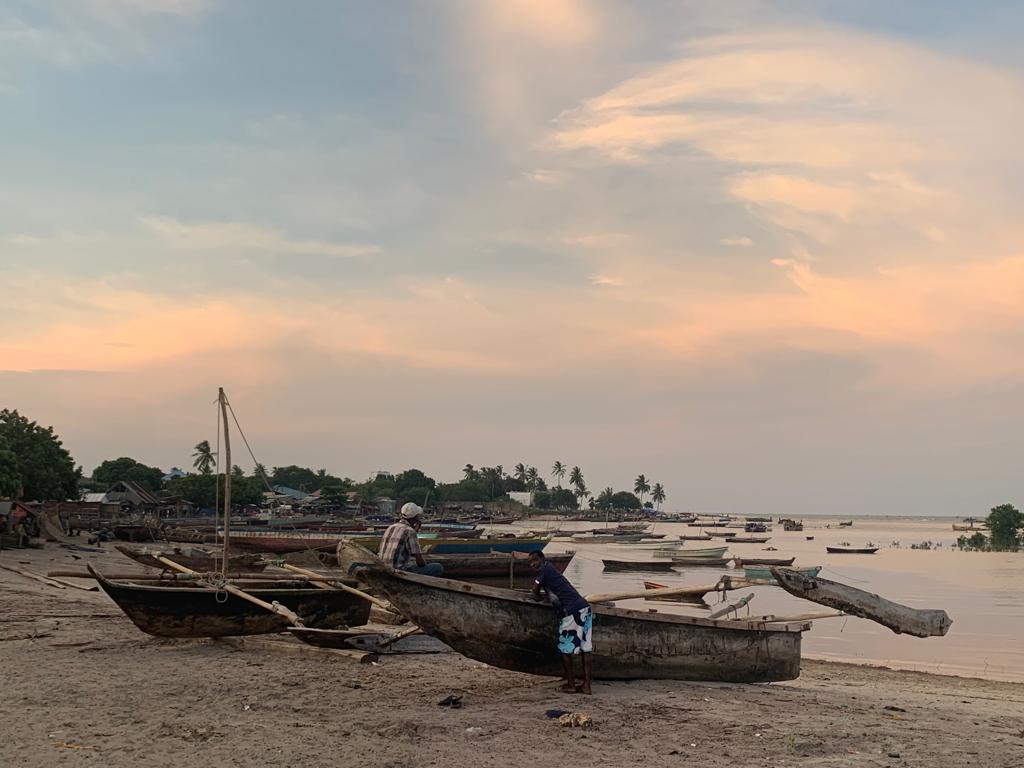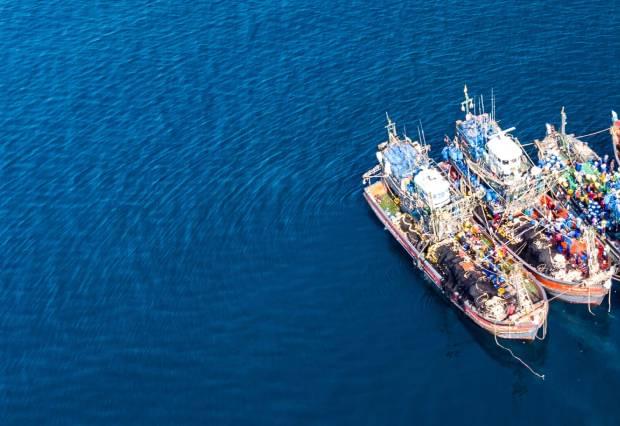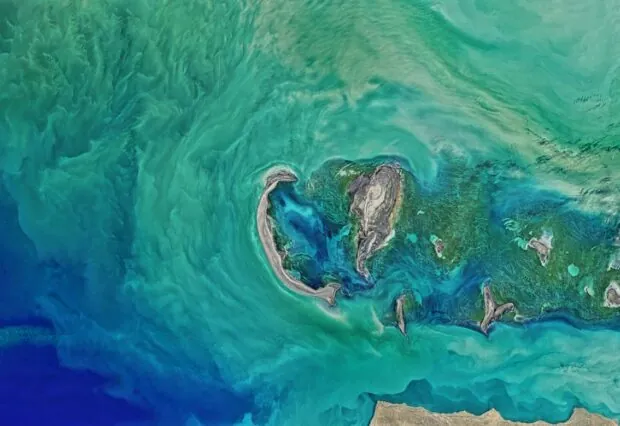Coastal Risk Index launches to enable investors, insurers and policymakers to make better decisions
- ORRAA unveils the Coastal Risk Index (CRI) – a powerful new dynamic data platform for coastal climate risk analysis and decision-making
- The CRI reveals that nature-based solutions such as coral reefs and mangroves prevent annual flooding for 14.2 million people, safeguarding over USD$363 billion in assets.
- The open platform, which is backed financially by the US, Canada, and the UK, as well as leading global insurer AXA, will be made available for use by investors, insurers and policymakers globally to make better informed decisions relating to ocean risk
New York, Wednesday 20 September 2023 – Mangroves and coral reefs are safeguarding more than USD$350 billion in assets and prevent annual flooding for more than 14 million people – that is according to the Coastal Risk Index (CRI), which is launching its platform and maps today.
This ground-breaking open-source tool aims to equip financial institutions, investors, insurers, infrastructure project managers, and policymakers with unparalleled insights into coastal risks in the face of the escalating climate crisis and the critical role of Nature-based Solutions (NbS) in building cost-effective coastal resilience.
With climate change intensifying, coastal communities grapple with increased vulnerabilities from flood risks and ecosystem degradation which not only threatens biodiversity, but also amplifies the risk to infrastructure, economies, and lives. Policymakers and investors often face a dearth of comprehensive data to make informed decisions about coastal resilience strategies.
The CRI harnesses hydrodynamic models, offering an intricate set of global flood maps at a resolution of 90 metres. It will showcase present and potential future global coastal flood hazard and storm surge to 2050, underscoring the flood reduction benefits of natural habitats like reefs and mangroves. Users will also be able to examine areas of high social vulnerability and identify where investing in coastal NbS plays a role in protecting communities.
The CRI has been launched by the Ocean Risk and Resilience Action Alliance (ORRAA) in partnership with IHE Delft, and the University of California Santa Cruz. It is financially backed by AXA, the United States Department of State, the Government of Canada, and the United Kingdom’s Blue Planet Fund.
Chip Cunliffe, Programme and Risk Director at ORRAA said, “The CRI is a testament to what collaborative innovation can achieve. We’ve made substantial progress, but our work is only just beginning – the true potential of this open-access tool can only be realised with the broader build-out of this platform. We invite more stakeholders to join us in this journey toward global coastal resilience. With better data, we can make better decisions and generate better outcomes.”
Professor Mike Beck, Director of the University of California Santa Cruz Center for Coastal Climate Resilience commented: “The Coastal Risk Index stands at the forefront of scientific and academic research. By thinking deeply about modelling, threats, and informed decision-making, it not only maps current vulnerabilities but also provides a roadmap for a resilient future.”
For more information or to explore collaboration opportunities, visit the ORRAA website.







